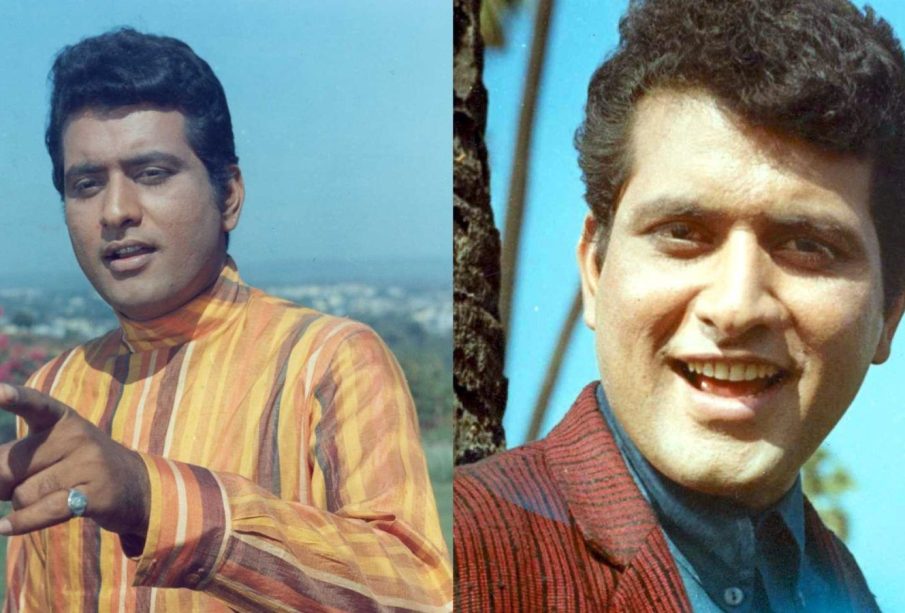Manoj Kumar: A Journey Through Indian Cinema

Introduction
Manoj Kumar, an illustrious name in Indian cinema, is celebrated not only for his acting prowess but also for his significant contributions as a filmmaker. With a career spanning over five decades, he has left an indelible mark on Bollywood, making him one of the most respected figures in the industry. His work resonates deeply within the cultural fabric of India, making his life and career a topic of interest and inspiration.
Early Life and Career
Born on July 24, 1937, as Harikrishna Kumar Gupta in Abbottabad (now in Pakistan), Manoj Kumar faced numerous challenges during his childhood, particularly during the partition of India. He moved to Delhi with his family, where his passion for acting blossomed. His entry into the film industry was in the early 1960s, but it was the 1965 movie “Shaheed” that catapulted him to fame. Portraying the story of a patriotic martyr, the film struck a chord with audiences, establishing Kumar as a prominent actor.
Career Highlights
Manoj Kumar gained acclaim for his roles in films that often carried patriotic themes, such as “Upkar” (1967), which featured the iconic line “Mere desh ki dharti,” celebrating the essence of India. His unique ability to connect with the audience through heartfelt performances earned him the title of “Bharat Kumar.” Kumar also showcased his directorial skills with films like “Roti Kapda Aur Makaan” (1974), a socio-economic tale that further solidified his reputation. Over the years, he starred in numerous blockbusters, earning several awards, including the prestigious Padma Shri in 1992.
Recent Developments
As of 2023, Manoj Kumar remains active in the film industry, often speaking about the importance of family values and national integrity in contemporary cinema. His legacy continues to influence a new generation of filmmakers and actors who seek to resonate with patriotic themes in their storytelling. Additionally, his participation in various cultural events showcases his commitment to promoting Indian heritage.
Conclusion
In conclusion, Manoj Kumar’s journey through the world of Indian cinema exemplifies dedication and passion. His contributions not only to acting but also to the broader narrative of Indian culture and values underscore his importance as a cultural icon. As he continues to inspire both industry veterans and newcomers, his story remains a powerful testament to the impact of cinema on societal values, paving the way for future generations to engage with their roots through the art of storytelling.









